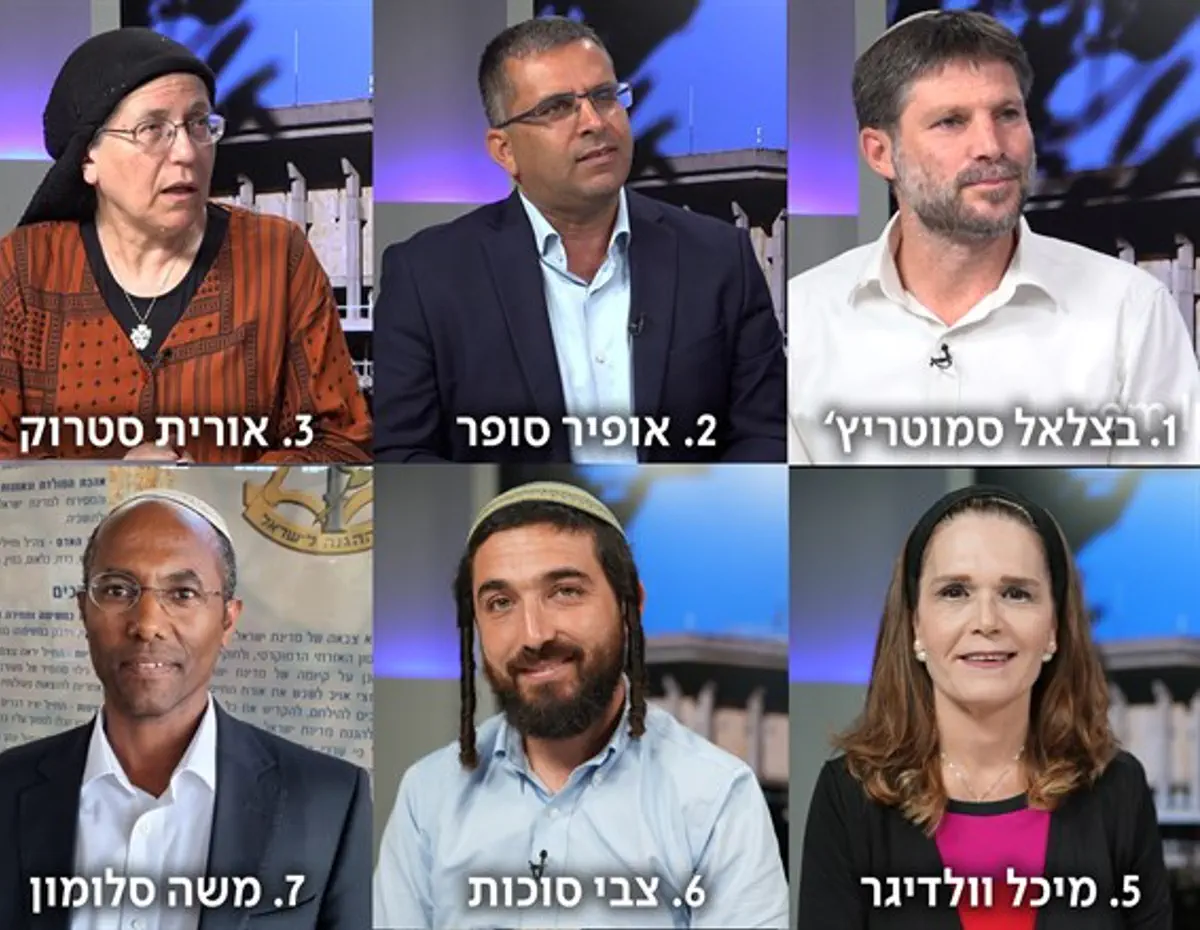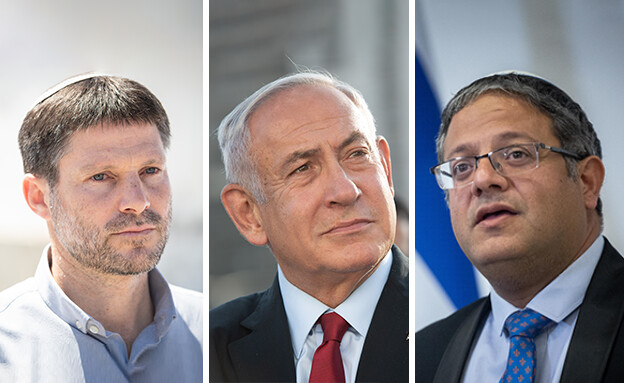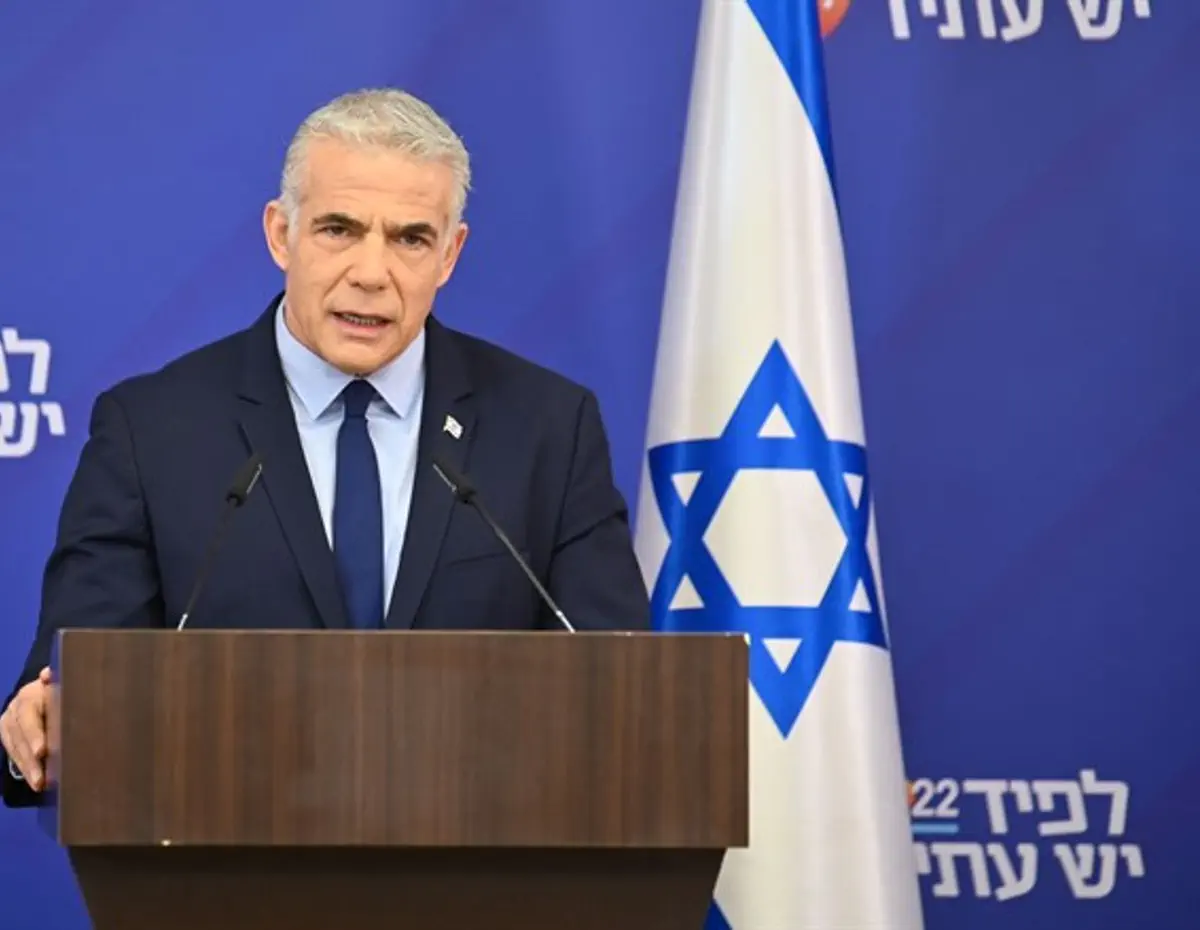rylah
Gold Member
- Jun 10, 2015
- 21,155
- 4,487
- 290
All I'm saying is don't go into caricatures thinking about Monarchies,
they're liberal enough to be called 'western democracies',
practical and functional, some are even world leaders...
Practically I think we already function as a Parliamentary Monarchy,
This may sound absurd, but one has to wonder why
they call him king both on the left and the right...
Only our head of state, commander in chief etc.,is not formally a monarch,
neither immune from criminal persecution, but so long the result of
recent long series of elections is a Parliamentary Monarchy.
And another elections are about the same one person,
and regardless of office we vest with him that 'reserved' function.

they're liberal enough to be called 'western democracies',
practical and functional, some are even world leaders...
Practically I think we already function as a Parliamentary Monarchy,
This may sound absurd, but one has to wonder why
they call him king both on the left and the right...
Only our head of state, commander in chief etc.,is not formally a monarch,
neither immune from criminal persecution, but so long the result of
recent long series of elections is a Parliamentary Monarchy.
And another elections are about the same one person,
and regardless of office we vest with him that 'reserved' function.

Last edited:












